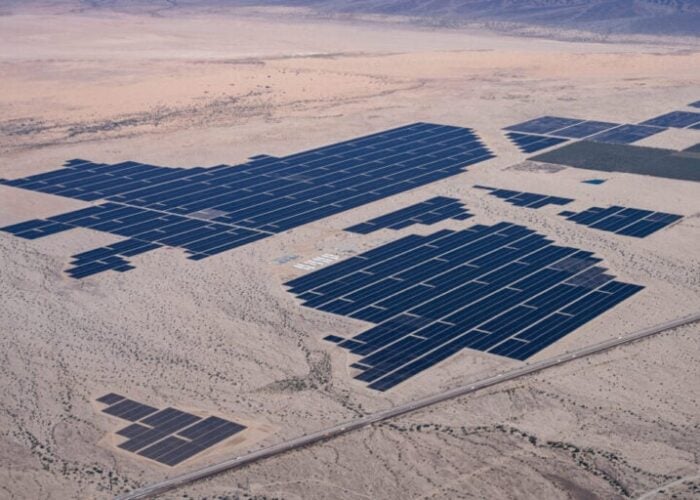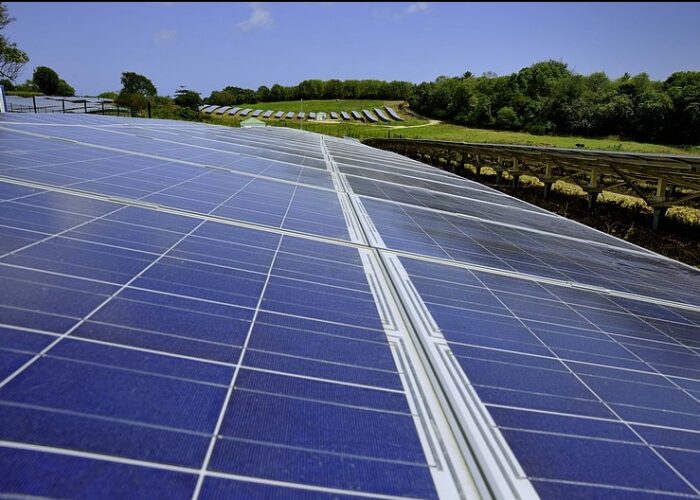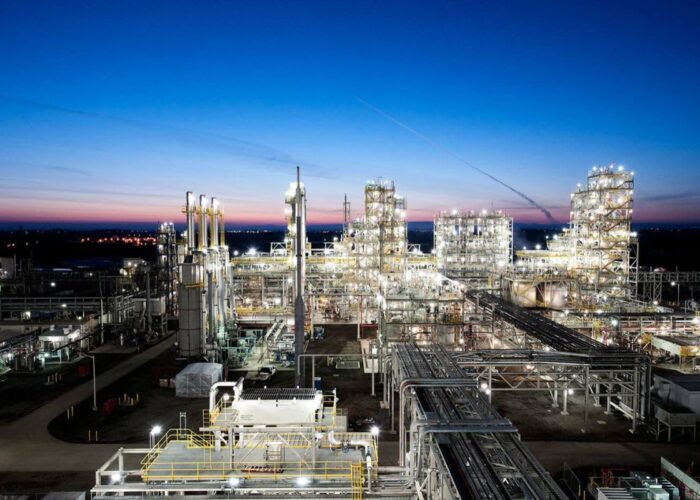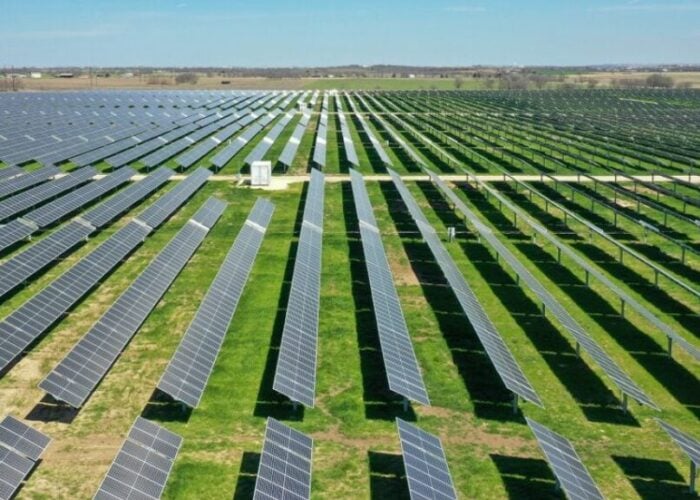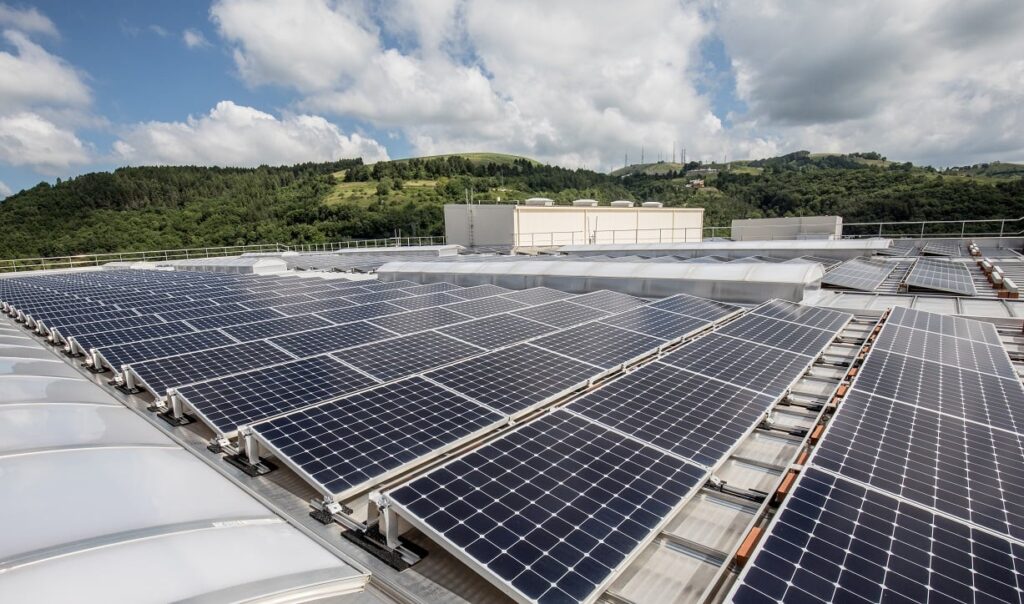
Singapore-headquartered solar manufacturer Maxeon has announced plans to submit “one or more protests” against US Customs and Border Protection (CBP) for its continued detainment of a number of its products, produced in Mexico and shipped to the US.
CBP first detained the company’s modules in September, part of routine assessments to ensure that imported solar products comply with the Uyghur Forced Labor Prevention Act (UFLPA), which was signed into law in 2021 by US president Joe Biden – and came into force on 21 June 2022 – to prevent products thought to be associated with forced labour in the Xinjiang Uyghur Autonomous Region of China from reaching the US.
Unlock unlimited access for 12 whole months of distinctive global analysis
Photovoltaics International is now included.
- Regular insight and analysis of the industry’s biggest developments
- In-depth interviews with the industry’s leading figures
- Unlimited digital access to the PV Tech Power journal catalogue
- Unlimited digital access to the Photovoltaics International journal catalogue
- Access to more than 1,000 technical papers
- Discounts on Solar Media’s portfolio of events, in-person and virtual
The agency has detained three Maxeon products, the Maxeon 3 and Maxeon 6 residential solar panels and the Performance 6 modules designed for use in the commercial sector. The company noted that all three products were manufactured in Mexico, and that the Xinjiang Uyghur Autonomous Region does not feature in the supply chain of the residential modules.
A CBP spokesperson told PV Tech that: “Effective June 21, 2022, CBP enforces the rebuttable presumption that goods mined, produced, or manufactured wholly or in part in the XUAR, or produced by an entity on the UFLPA Entity List, are prohibited from U.S. importation.
“CBP’s enforcement of the UFLPA is crucial to ensuring that goods entering the U.S. are not the product of human suffering. Specific enforcement activities are law enforcement sensitive.”
While CBP has not suggested that Maxeon’s products are involved with forced labour, it informed the company that it had not provided “sufficient documentation” to demonstrate its compliance with the UFLPA, to which Maxeon has strongly objected.
“We are strong proponents of the UFLPA and have provided CBP with tens of thousands of pages of documentation, including numerous walk throughs for explanation of standard manufacturing and shipping processes,” said CEO Bill Mulligan, who plans to retire at the end of January 2025.
“None of our supply chains involve entities on the UFLPA list, two of our supply chains do not even enter China, and yet the reviewers have declined to make the appropriate determination that UFLPA does not apply.”
This follows Maxeon’s publication of losses of US$7.8 million in the second quarter of this year, when the news of the CBP detention first broke. Mexico continues to be a key manufacturing area for the company, which expanded its Mexicali module manufacturing facility last year.
The news is also notable considering the re-election of Donald Trump to the presidency, whose calls for increased tariffs and a more protectionist foreign policy have raised questions about the future of solar imports to the US.
Updated on Monday 18 November 2024 to include a comment from the CBP.



